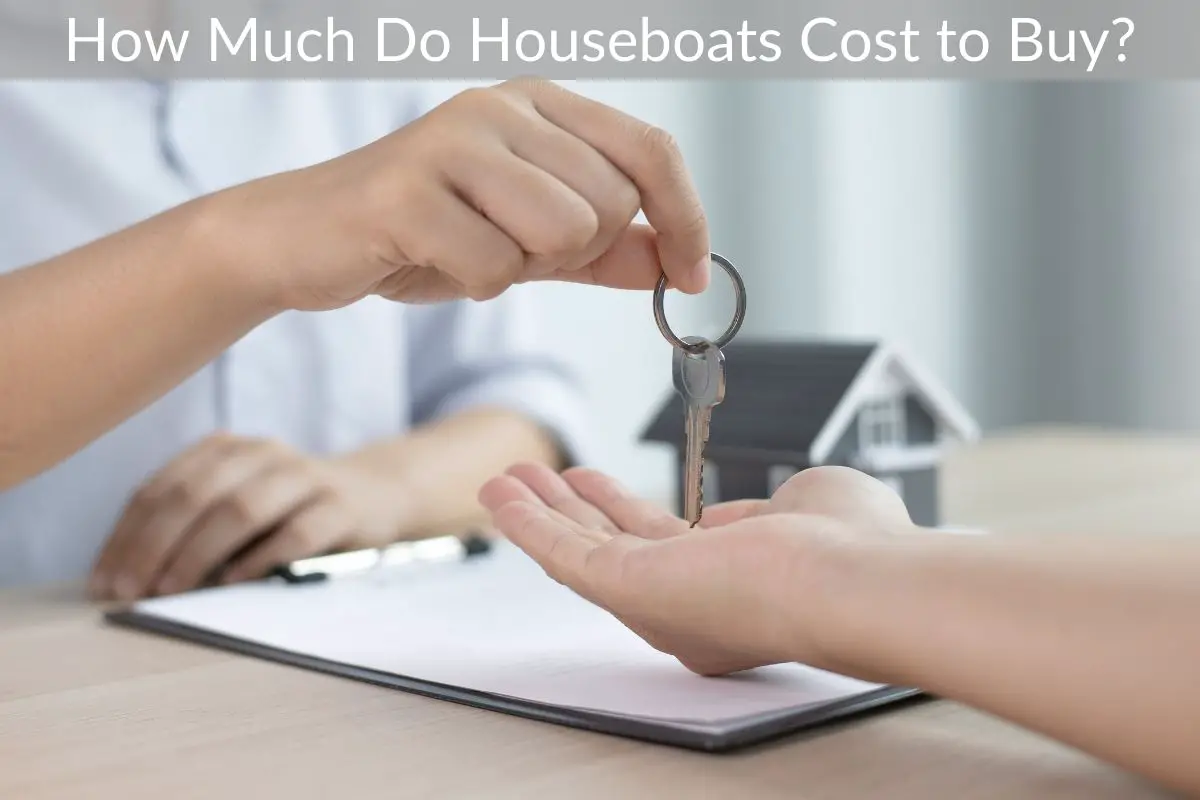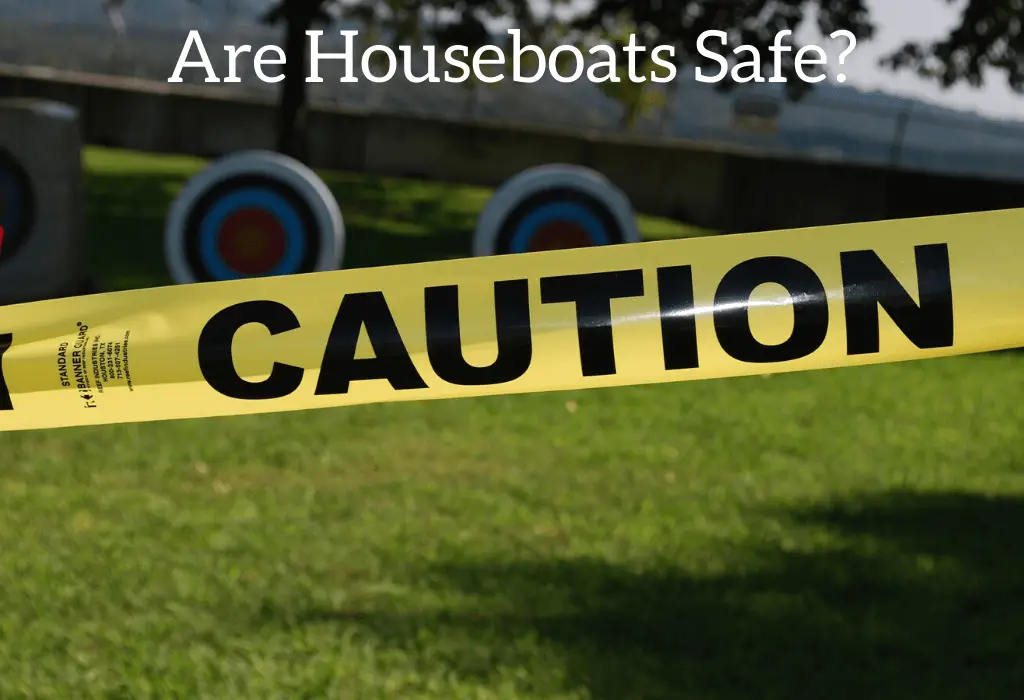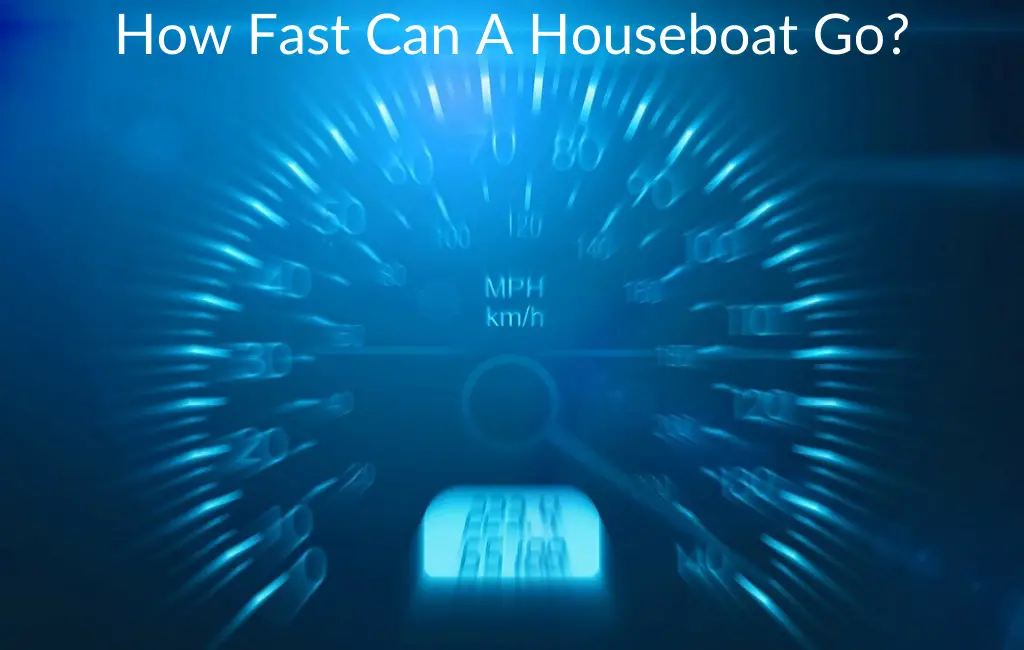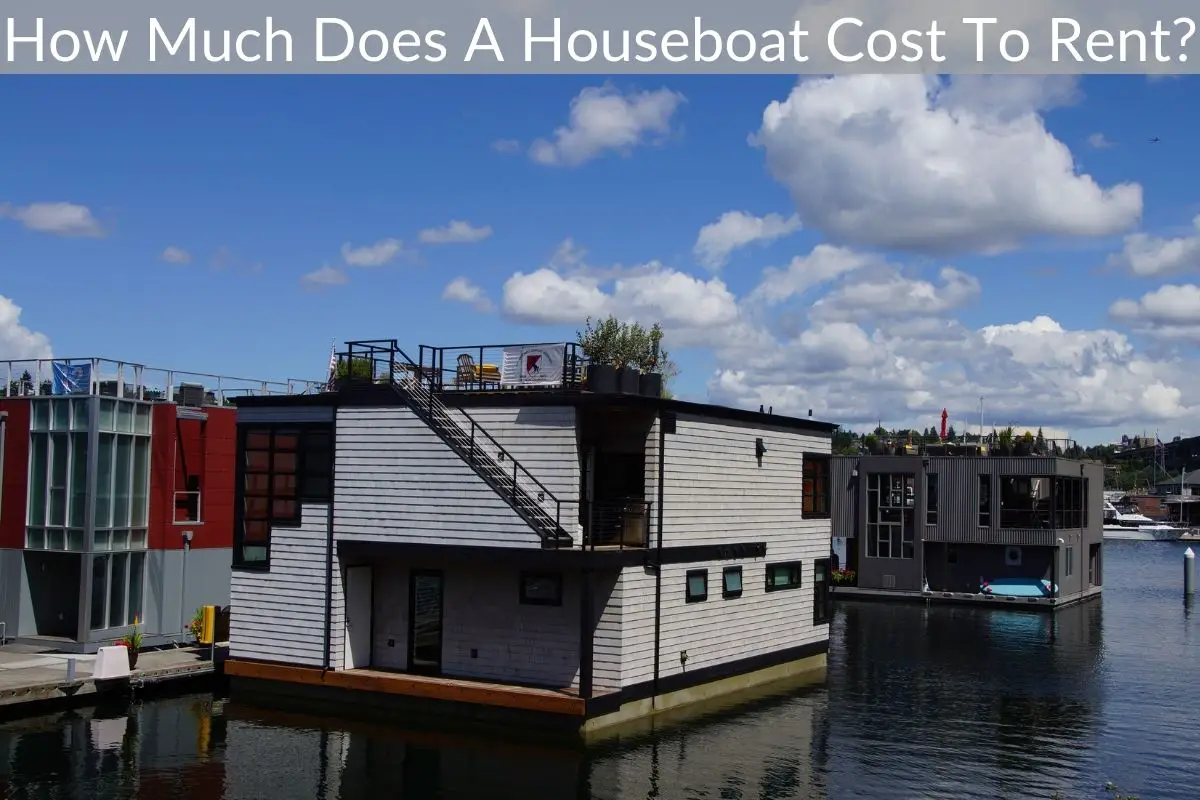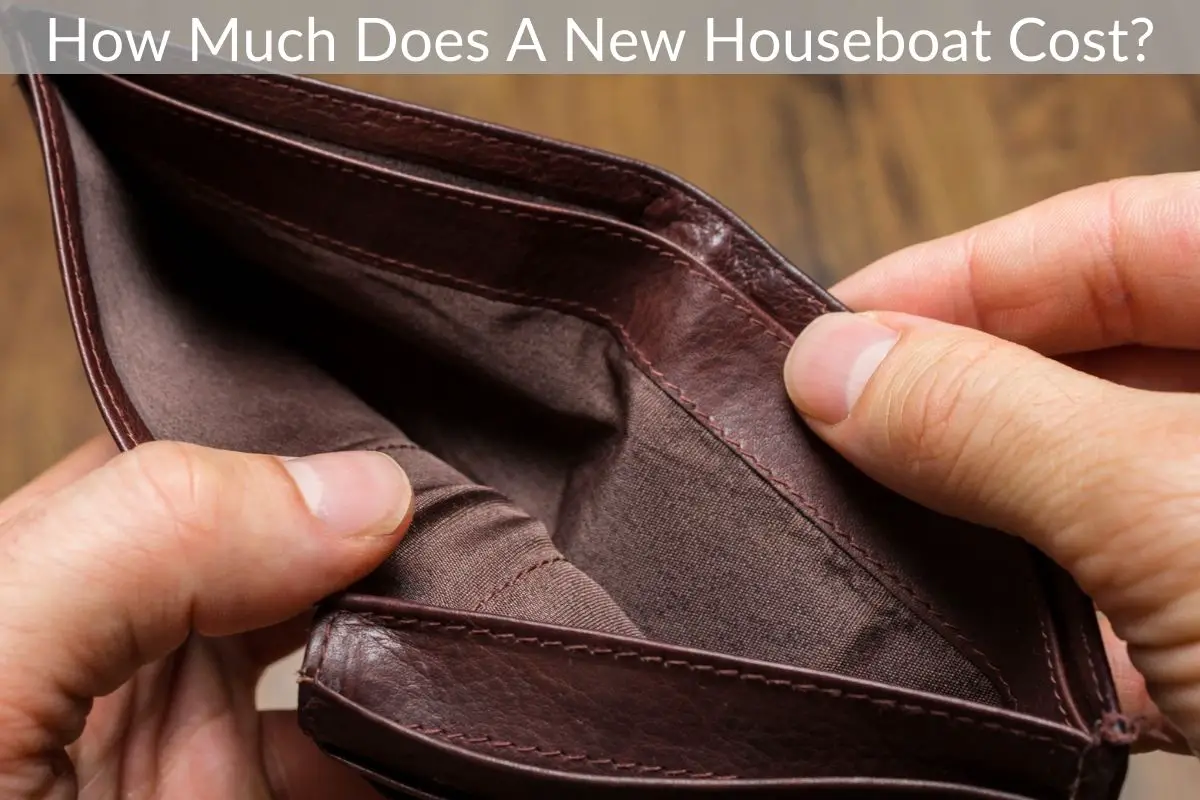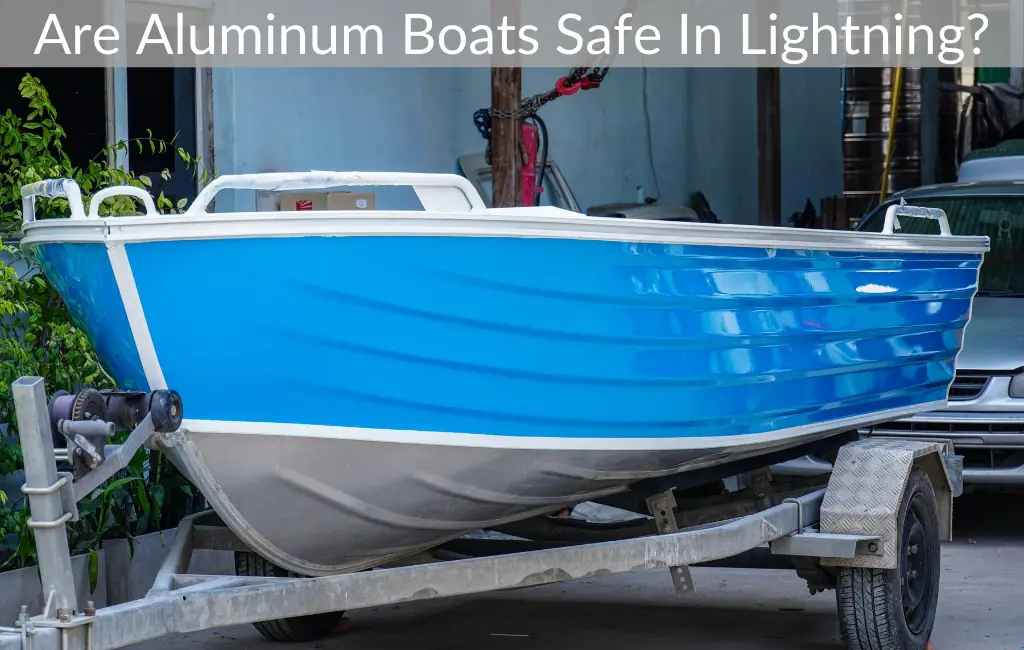If you own a houseboat then you have probably been caught in a storm at least once if not many times. Often storms will blow up quickly during the summer, blow through, and be over almost as fast as they started. During a recent storm like that the question came up:
*This post may contain affiliate links. As an Amazon Associate we earn from qualifying purchases.
Is a houseboat safe in lightning?
Because of the erratic nature of lightning houseboats can be struck by lightning just like a house or car can be. There are some ways to reduce that risk and to keep the lightning from hurting anyone on board. Those tips will be discussed below.
The general consensus is that the odds of a boat in the United States being struck by lightning is about 1 in 1,000. That includes all sorts of boats including sail boats (which are much more likely to be struck).
If you live in an area that sees more frequent storms, then your odds may go up as well. For example lightning strikes on boats are rarely seen on the West Coast but are extremely common on the Gulf Coast.
If you have a houseboat, checking the weather before going out and not being near your boat in a storm is obviously the best option.
Of course, that isn’t always possible as in some places if you didn’t go out when there was a chance of a storm you wouldn’t use your boat for most of the summer!
How do you prevent lightning from striking your boat?
Lightning normally follows the path of least resistance. The best way to keep your houseboat and its passengers safe in the event of a lightning storm is to plan ahead.
One of the best ways to help prevent a lightning strike on your houseboat is to buy a lightning dissipator. A lightning dissipator is designed to mount to the top of the mast and in case of lightning it will pull the lightning to it rather than damaging your expensive equipment on board.
Lightning dissipators are also designed to reduce the buildup of static ground charge to help deter lightning from striking in the first place.
Unfortunately, lightning dissipators don’t always work, so what else could you do to prevent your boat from being struck?
Installing a lightning rod at the top of the mast and then running a cable down to the deck is another good option. You will then want the cable to be run out to the ground charges to help send the electricity to the water.
If your houseboat doesn’t have a mast you can also install a lightning rod to the tallest point of your boat to attempt to direct any lightning strikes away from your electronics and passengers.
Besides taking those preventative measures for your boat, there are also some houseboat lightning safety tips that you can apply to each person on board.
Houseboat lightning safety tips
- Stay inside
- Stay away from electronics
- Don’t touch any metal
- Remove lightning attractors
Staying inside
Staying inside is always a good choice as not only will it shield you from the wind and waves but it will also keep you from becoming a human lightning rod
Stay away from electronics
Often electronics on boats are the items that the lightning will travel through to reach the water. If you are touching an electronic when lightning strikes, the lightning could pass through you on its way to the water.
Don’t touch any metal
The same general principles applies to anything metal. Metal is a good conductor of electricity so if a door frame or post is made of metal, avoid touching it during a storm.
Remove lightning attractors
Put away anything that you have on board that could attract lightning. People will often have umbrellas, fishing poles, and other things on board.
Stowing those items before the storm arrives is a good preventative measure to help keep your boat from being struck in the first place.
Again, all you can do is work to prevent it. If possible unplug anything electronic to prevent it from being damaged in the event of a lightning strike.
Also make sure everyone is wearing the proper life jackets as a storm can be unpredictable and it is always better to be prepared.
Ideally you will want to get off the water entirely in the event of a storm but if that proves to be impossible then these methods will help keep you and your other riders safe.


